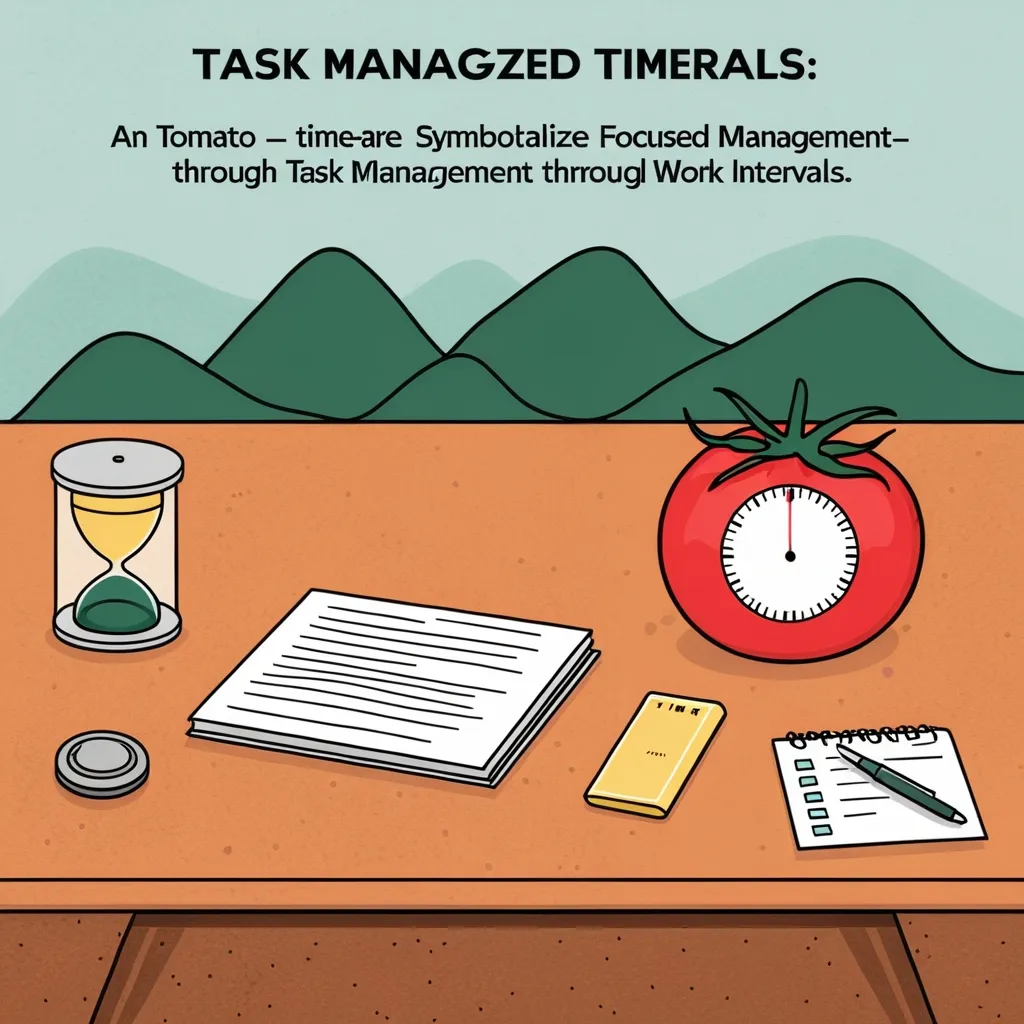Creating an accountability system can seriously help you crush your goals, whether they’re for your personal life or work. The centerpiece of any solid accountability setup is the idea of having someone to track your progress with; this could be anybody from a friend or a family member to a professional coach or a group of individuals on the same path.
Let’s start with understanding why having clear goals is so important. You can’t just say, “I wanna do better at work,” or “I wanna get fit.” Vague goals are a recipe for failure. You need SMART goals. These are Specific, Measurable, Achievable, Relevant, and Time-Bound. For example, instead of saying, “I want to get in shape,” a better goal would be, “I will run three times a week for the next six months to reduce my body fat percentage by 10%.” Having this kind of clarity means your efforts will be more focused, and you’ll be able to track how you’re doing way more effectively.
Next, let’s talk about picking your accountability partner. This can be anybody willing to support and keep you on track. It could be a friend with similar goals, a colleague who gets where you’re coming from professionally, or even a coach who knows the ropes and can offer expert advice. The key here is reliability and support. You need someone who will actually hold you accountable and not just say, “Oh, it’s okay, you can start again next week.”
Setting up your accountability system involves a few key steps. First, you need to define your metrics. Basically, how are you measuring success? Is it the number of workouts completed? Amount of money saved? Number of tasks finished? Clear metrics help you see how far you’ve come and keep you motivated.
Choose the tools you’ll use to track your progress. There are tons of options out there, from digital apps and software to simple journals and spreadsheets. Pick what works best for you. For example, if you’re into tech, you might use a habit-tracking app to monitor daily activities. If you like old-school methods, maybe a good old notebook would do the magic.
Establish a routine for regular check-ins. Consistency is crucial here. Decide on a schedule that fits your lifestyle and stick to it, whether it’s daily, weekly, or monthly. Use these meetings to go over how things are going, talk about any challenges, and get feedback and encouragement.
Regular reviews are key in any accountability setup. They help you stay on track by giving you a chance to reflect on your progress, celebrate wins, and make changes if needed. First, make sure to update your tracking system regularly so it shows your current status. This keeps you in the loop and helps with making timely decisions.
Celebrate your milestones. Rewarding yourself for achievements, no matter how small, keeps you motivated and gives you the push to keep going. Whether it’s treating yourself to a nice dinner or simply taking a day off, acknowledging your progress is super important.
Adjust if needed. If you find you’re not hitting your goals or running into roadblocks, use your reviews to tweak your approach. Maybe you need to change your strategy, get extra support, or break your big goals into smaller, more manageable tasks.
Visual tracking tools can be a game-changer for your accountability system. Using charts, graphs, and dashboards can make it super easy to see your progress at a glance. They make data easier to understand and help you make informed decisions quickly. For instance, if you’re tracking fitness goals, a visual tracker can show how your workouts are affecting your body fat percentage over time.
Challenges will pop up, so be ready for them. Stay flexible. Life can be unpredictable, and sometimes your plans may go off course. Don’t give up. Adapt your strategy instead. If what you’re doing isn’t working, reassess and make the necessary adjustments.
Seek support. Surround yourself with people who can provide the backing and encouragement you need. Joining a group or having an accountability partner can make a big difference. Regular check-ins can keep you both motivated and on track.
Celebrate the small wins. These small victories can provide a massive boost of motivation. Don’t wait until you’ve reached the big goal to celebrate. Acknowledge and reward yourself for the small victories along the way.
To make your accountability system effective, integrate it into your daily life. Make it a habit. Incorporate your accountability checks into your daily or weekly routine. This could be as simple as setting a reminder on your phone or scheduling a weekly call with your accountability partner.
Use reminders and notifications. Digital tools like phone reminders or weekly notifications can help you stay on track with your goals.
Engage your team. If you’re working within a team, involve them in your goal-tracking process. Their insights and feedback can provide valuable perspectives and improve accountability.
Sometimes, having a professional coach can really help. Coaches bring expertise, objectivity, and a structured approach to help you hit your goals. They help you define clear goals and develop actionable plans, breaking them down into steps that are actually doable. They also provide guidance, feedback, and hold you accountable, ensuring that you consistently make progress and maintain momentum.
In conclusion, creating an accountability system can greatly help you achieve your goals. By defining clear goals, choosing the right accountability partner, setting up a robust tracking system, and integrating it into your daily life, you can stay motivated and focused. Remember to stay flexible, celebrate milestones, and seek support when needed. With the right approach, no challenge can stop you from achieving remarkable success.






